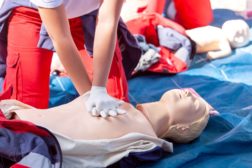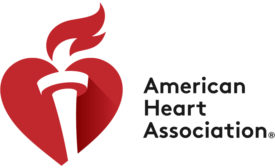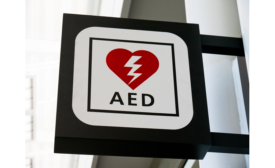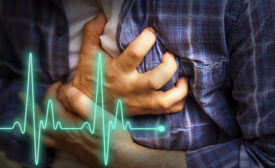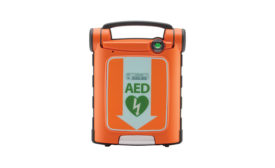Home » Keywords: » cardiac arrest
Items Tagged with 'cardiac arrest'
ARTICLES
Workplaces are ideal for AED programs
But liability concerns deter some companies
March 1, 2016
Become a Leader in Safety Culture
Build your knowledge with ISHN, covering key safety, health and industrial hygiene news, products, and trends.
JOIN TODAYCopyright ©2025. All Rights Reserved BNP Media.
Design, CMS, Hosting & Web Development :: ePublishing
